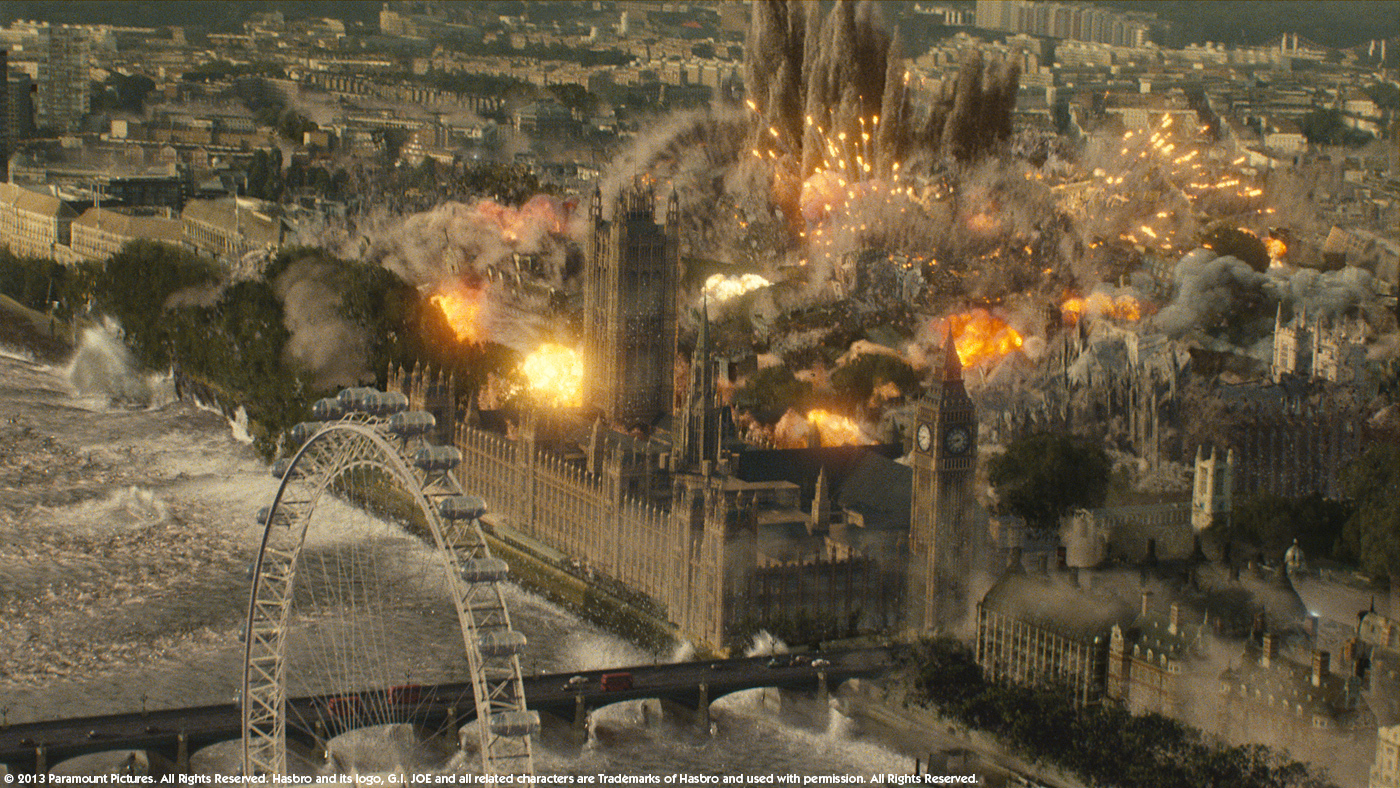The river referred to is the Thames River in London. During the Industrial Revolution (1760-1820) when factories and mass production were on the rise in Europe, the urbanization and industrialization of the society caused sewage and waste to spill into the Thames River. Eliot mentions this pollution: “The river sweats / Oil and tar” (266-267). Sea creatures were thriving in the river, but by late 1850s the creatures disappeared. What was once a natural habitat for these animals became a contaminated waste.

The river’s shelter can be interpreted as a tree hovering over the river and protecting it. The shelter is now destroyed and has fallen and collapsed into its inhabitant causing the leaves to fall into the river. The river is displaced. The images of fallen leaves and brown land suggest a dull and ruined civilization. The brown land could be referencing a polluted land. The river bears “empty bottles, sandwich papers, Silk handkerchiefs, cardboard boxes, cigarette ends” (177-178). The material items brought by modern civilization have caused the destruction of the once clean and pure river. The civilization has become a wasteland. This vision of the unreal city is filthy resulting in the deterioration of modern civilization.

Nymphs are spirits of nature. This land that was once was considered a thriving and flourishing civilization filled with nature is diminished, causing the nymphs to leave. This introduces the concept of anti-progress. At a time when industrialization and technology is advancing, society is deteriorating. This land is no longer of nature. The nymphs have left because the land is of un-nature occupied by material waste caused by civilization. The brown land is deserted and deteriorated. This land is now in ruins. The brown land has become a ghost town.
As modern civilization progresses, society continues to shatter, which will eventually lead to the civilization's downfall. Another instance of this occurrence is in the "Falling towers Jerusalem Athens Alexandria / Vienna London / Unreal"(373-376). This represents the destruction of civilization as a consequence of the advancement of modern civilization. The falling towers of the ancient and modern cities is the aftermath of the continuous ruin of civilizations. Anti-progress in modern civilization is so disastrous and devastating that it terminates civilization as a whole.






